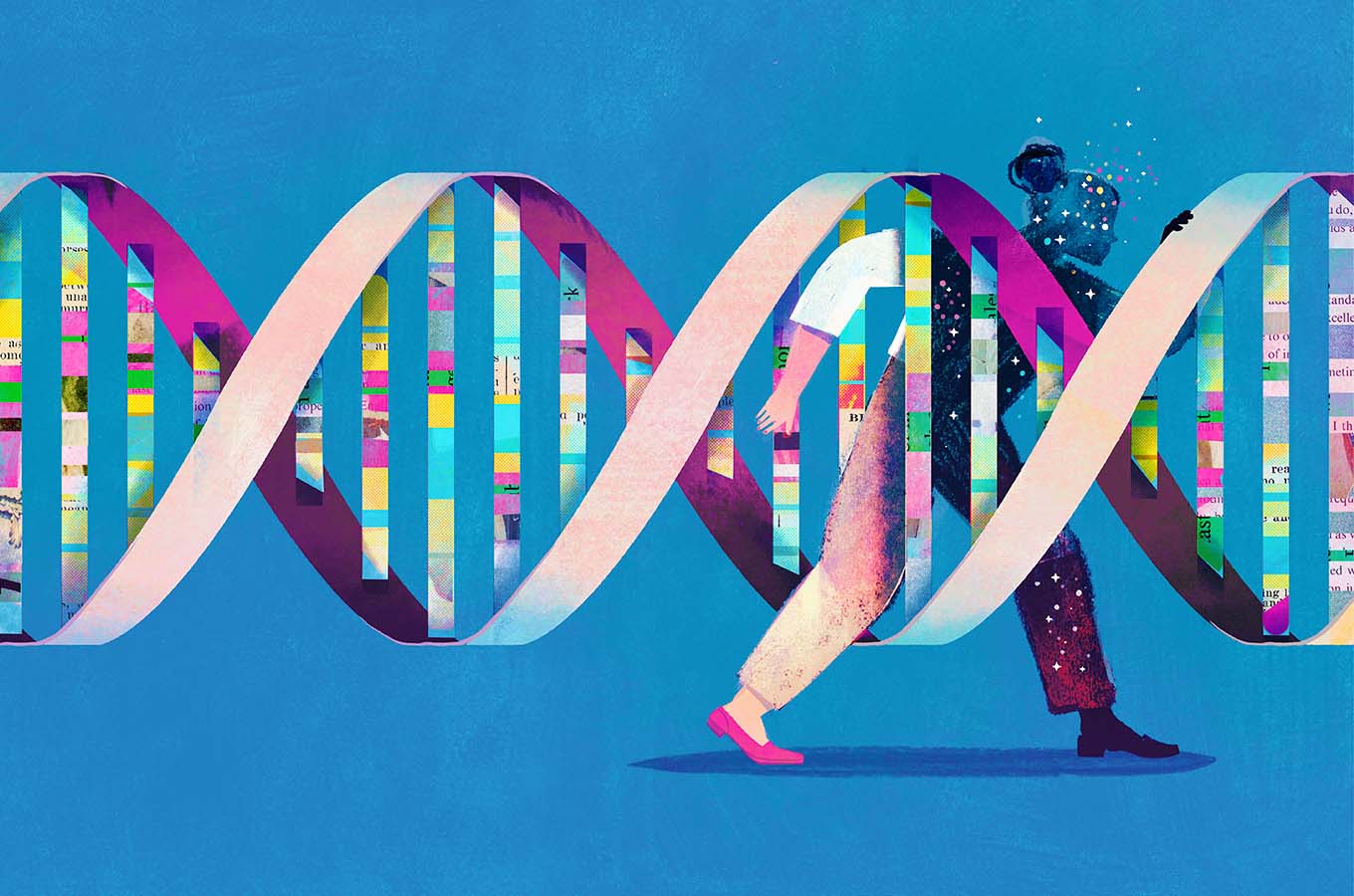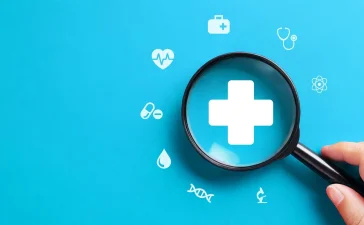Healthcare is undergoing a profound transformation. For centuries, medicine followed a “one-size-fits-all” approach, prescribing treatments based on population averages rather than individual differences. But as science advances, a more tailored model is emerging — one that considers a person’s genetics, environment, and lifestyle. This is the age of personalized medicine, also known as precision medicine, and it’s changing how we diagnose, treat, and prevent diseases.
Personalized medicine aims to provide the right treatment to the right patient at the right time, enhancing effectiveness and minimizing side effects. As medical technology becomes more sophisticated and accessible, personalized healthcare is quickly becoming a cornerstone of modern medicine.
What Is Personalized Medicine?
Personalized medicine is a medical model that uses information about a person’s genomic profile, biomarkers, environmental factors, and health data to guide decisions about prevention, diagnosis, and treatment. Unlike traditional methods, which often rely on generalized treatment plans, personalized medicine creates individualized strategies for each patient.
For example, two patients with the same type of cancer may receive entirely different therapies based on their tumor’s genetic mutations. Similarly, a person’s genetic predisposition can influence how they metabolize certain medications, helping doctors avoid ineffective or harmful prescriptions.

Key Components of Personalized Medicine
1. Genomic Sequencing
The backbone of personalized medicine lies in genomics — the study of a person’s complete set of DNA. Thanks to the Human Genome Project and modern sequencing technologies, it is now possible to analyze an individual’s genetic code quickly and affordably.
Genomic information can reveal:
-
Genetic mutations linked to diseases (e.g., BRCA1/BRCA2 in breast cancer)
-
Drug-gene interactions (pharmacogenomics)
-
Risk factors for chronic illnesses (e.g., heart disease, diabetes)
-
Hereditary conditions in families
Understanding these markers allows physicians to intervene early, even before symptoms appear.
2. Biomarkers
Biomarkers are biological indicators — such as proteins, genes, or metabolites — that can help detect or monitor diseases. In personalized medicine, biomarkers are used to:
-
Identify disease subtypes
-
Predict treatment response
-
Monitor disease progression
-
Determine prognosis
In cancer treatment, for example, testing for biomarkers like HER2 in breast cancer helps determine whether targeted therapies (like trastuzumab) are appropriate.
3. Pharmacogenomics
Not everyone responds to drugs the same way. Pharmacogenomics studies how a person’s genes affect their reaction to medications. Some people may metabolize a drug too quickly (making it ineffective), while others may process it too slowly (causing toxicity).
By analyzing genetic variants, doctors can choose the most effective and safest medication for each patient, reducing trial-and-error prescriptions and adverse drug reactions.
Applications of Personalized Medicine
1. Cancer Treatment
Cancer care has been revolutionized by personalized medicine. Instead of treating tumors based solely on their location (e.g., lung or colon), doctors now examine the molecular characteristics of the cancer.
Treatments can be tailored to target specific mutations — a practice known as targeted therapy. Immunotherapy, which boosts the body’s immune system to fight cancer, is also being guided by genetic insights. This approach improves survival rates and minimizes harmful side effects.
2. Cardiovascular Health
Genetic testing can identify individuals at risk of familial hypercholesterolemia or other inherited heart conditions. Personalized lifestyle interventions and medications (like statins) can be used to prevent heart attacks and strokes before they occur.
Pharmacogenomic testing also helps determine appropriate doses for blood thinners such as warfarin, which can be dangerous if not properly calibrated.
3. Neurological Disorders
Conditions like Alzheimer’s disease, Parkinson’s disease, and epilepsy are now being studied through the lens of genetics. Early detection of risk genes (e.g., APOE for Alzheimer’s) can guide lifestyle changes, preventive care, and participation in clinical trials.
4. Rare and Genetic Diseases
Personalized medicine is particularly valuable for diagnosing and treating rare genetic disorders, many of which were once considered untreatable. Whole-genome sequencing can provide answers for patients who have struggled for years without a diagnosis.
Benefits of Personalized Medicine
1. More Effective Treatments
By targeting the root cause of disease, rather than just symptoms, personalized medicine improves treatment success rates.
2. Fewer Side Effects
When drugs are matched to a patient’s genetic profile, harmful reactions are minimized, and overall treatment safety improves.
3. Earlier Detection and Prevention
Genetic screening and biomarkers allow doctors to identify risk factors before illness develops, enabling proactive care.
4. Cost Savings in the Long Run
Though genetic testing may seem expensive initially, it can reduce long-term costs by avoiding ineffective treatments, repeated hospital visits, and adverse events.
5. Empowered Patients
Personalized medicine encourages patients to take an active role in their health, often leading to better adherence to treatment plans and healthier lifestyles.
Challenges and Ethical Considerations
Despite its promise, personalized medicine also raises important challenges:
1. Privacy and Data Security
Genetic and health data are sensitive. Protecting patient information from misuse, discrimination, or hacking is a top priority. Regulations like HIPAA and GDPR help address these concerns, but more work is needed.
2. Cost and Accessibility
Personalized medicine tools, such as genomic sequencing, are still costly and not always covered by insurance. Access can be limited in underserved or rural areas, creating inequality.
3. Ethical Dilemmas
Genetic testing may reveal information that patients are unprepared to handle — such as predispositions to incurable diseases. Doctors must be equipped to provide genetic counseling and manage these situations sensitively.
4. Integration into Clinical Practice
Many healthcare providers are not yet trained in interpreting genetic tests or using precision medicine tools. Medical education and infrastructure must evolve to meet these demands.

The Future of Personalized Healthcare
The next decade will likely see the integration of even more digital health technologies into personalized medicine:
-
Artificial Intelligence (AI) and machine learning will analyze complex datasets to identify patterns and predict health outcomes.
-
Wearable devices will continuously monitor health metrics like heart rate, sleep, and glucose levels, providing real-time data.
-
Telemedicine will allow remote consultations and genetic counseling.
-
Gene editing technologies like CRISPR could one day correct disease-causing mutations at the source.
Personalized medicine is also expanding beyond treatment into wellness and prevention, where individuals use genetic and biometric data to optimize their diets, exercise routines, and mental health strategies.
Conclusion
Personalized medicine represents a revolutionary shift in the way we understand, treat, and prevent disease. By focusing on individual differences — from our genes to our environments — this approach promises to make healthcare more precise, proactive, and patient-centered.
As research advances and technology becomes more accessible, the integration of personalized medicine into everyday clinical practice will grow. While challenges remain, the potential to improve outcomes, reduce costs, and empower patients makes personalized medicine one of the most exciting developments in modern healthcare.
The future of medicine isn’t generic. It’s personal — and it’s already here.





